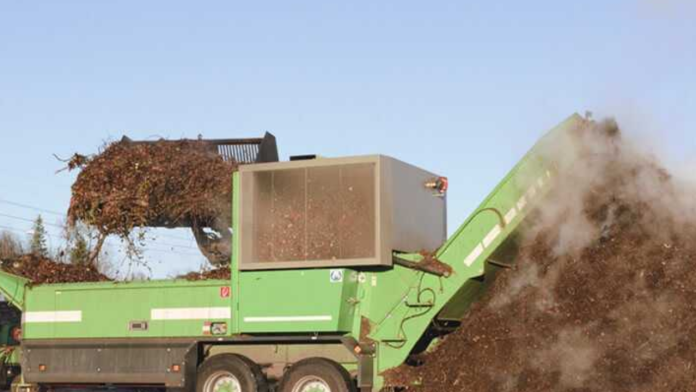In the rapidly evolving landscape of industrial waste management, the role of shredders has become increasingly pivotal. These robust machines employ cutting-edge technology to efficiently reduce the size of solid waste, preparing it for subsequent recycling or disposal. At the heart of a shredder’s efficiency lies the quality and performance of its worn parts, with shredder blades playing a central role.
JYF Machinery has emerged as a leading manufacturer in this domain, specializing in high-precision shredder wear parts. This comprehensive exploration delves into JYF Machinery’s right here unique approach to providing customized solutions for shredder tools, emphasizing the meticulous design, versatile applications, and the impact they have on the overall performance of shredders.
How to Understanding the Fundamentals of Efficient Waste Management with Shredders
Before exploring JYF Machinery’s tailored solutions, it’s essential to grasp shredders’ fundamental role in waste management. Shredders utilize cutting, tearing, and squeezing actions between blades to crush solid waste effectively. This process significantly reduces the size of materials, making them suitable for subsequent screening and sorting. The versatility of shredders extends to various materials, including but not limited to waste plastics, rubber, and wood, electronic waste, and bulky waste items.
Key Features of Shredders: Setting the Stage for Customization
Shredders boast several key features that set the stage for customization, ensuring their effectiveness across diverse materials and applications. Shredders can easily crush bulk materials, baskets, Barrels of trash metal, wood, tires, pipes, plates, big rolls of film, and more. This inherent versatility makes them indispensable in various industrial settings.
The combined structure frame of a shredder is precision-machined, featuring a robust rotating shaft with a large-angle hexagonal column. This design ensures the safe and efficient input of large-scale raw materials. The design and processing of rotary knives are crucial for a shredder’s performance. These knives exhibit a robust shearing force, sharp blades, and high-efficiency crushing capabilities, contributing to the machine’s overall effectiveness.
Shredders operate at low speeds, minimizing noise and reducing dust production. This feature enhances workplace safety and environmental considerations. Shredders are constructed with special alloy steel, providing durability and resilience against the impact and stress caused by shredding various materials.
Shredder Wear Parts and Blades: The Cornerstone of Performance
A shredder’s proper functioning relies heavily on its wear parts’ performance, particularly the shredder blades. JYF Machinery specializes in manufacturing high-quality wear parts to withstand the impact, abrasion, and stress of shredding various materials.
Shredder blades, in particular, hold paramount importance, accounting for a significant portion of the overall cost and directly influencing the shredder’s performance. JYF Machinery’s shredder blades are made using wear-resistant steel that is for its incredible strength, extraordinary tenacity, and impact resistance.
The choice of material is critical to ensuring durability and optimal performance. Advanced high-temperature forging techniques are combined with state-of-the-art CNC manufacturing and top-tier heat treatment technology. These processes ensure an ideal ratio of precision, toughness, and hardness in the finished product.
Versatile Blade Types:
Shredder blades from JYF Machinery come in various shapes and structures to accommodate different shredders and materials. This versatility is crucial for addressing the diverse shredding needs across industries. JYF Machinery provides a range of shredder blade types tailored to specific materials and shredding requirements
Single Blade: Suitable for lighter and general shredding tasks, a single blade effectively handles less dense materials. Double Blade, featuring two relatively rotating blades, offers higher shredding efficiency and finer cutting results, making it suitable for denser materials. The Hook Blade is designed with a hooked end; this blade type is effective for managing spoolable materials like cloth, paper, and fibrous materials.
With a slender needle-like design, the needle blade is ideal for processing soft and fluffy materials like textiles, sponges, and foam. Shear Blade uses two blades that cooperate; shear blades handle more complex materials such as metal, plastic, and rubber through a shearing action.
Dual Shaft Blade tailored for dual shaft shredders, this blade type provides higher processing capacity and better material decomposition. Fan blades are typically used in pellet machines and pellet shredders. Fan blades achieve finer particle processing.
Conclusion
JYF Machinery’s commitment to providing customized solutions for shredder tools underscores the significance of quality components in optimizing shredder performance. As industries increasingly focus on sustainable waste management practices, the role of well-engineered shredder blades becomes pivotal in achieving desired outcomes. JYF Machinery stands at the forefront of this evolution, contributing to shredders’ efficiency and effectiveness in industrial waste management.










